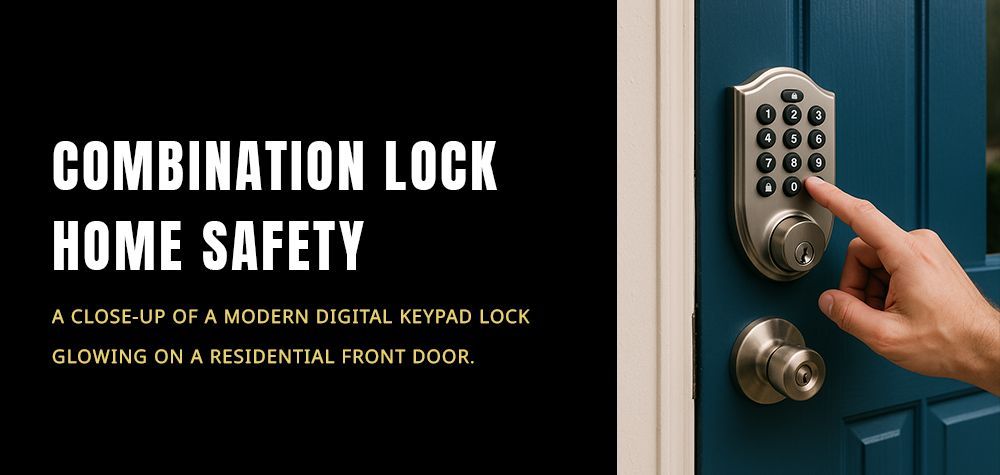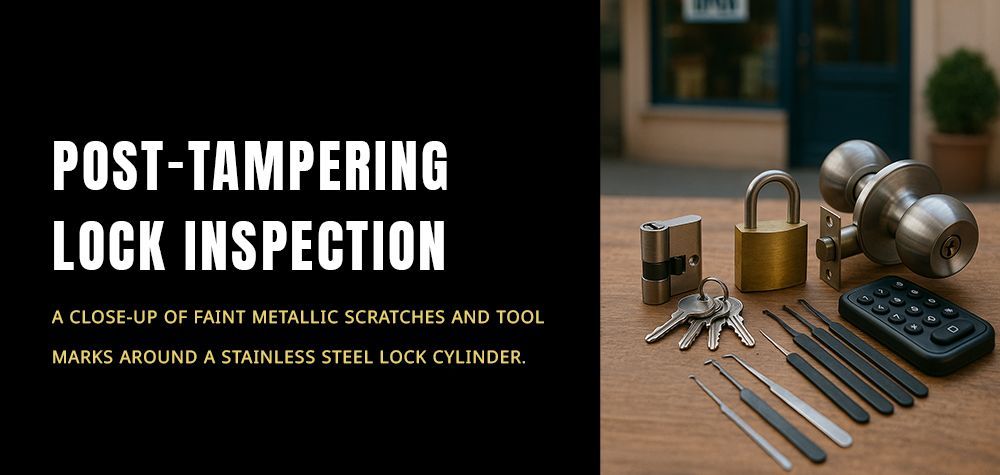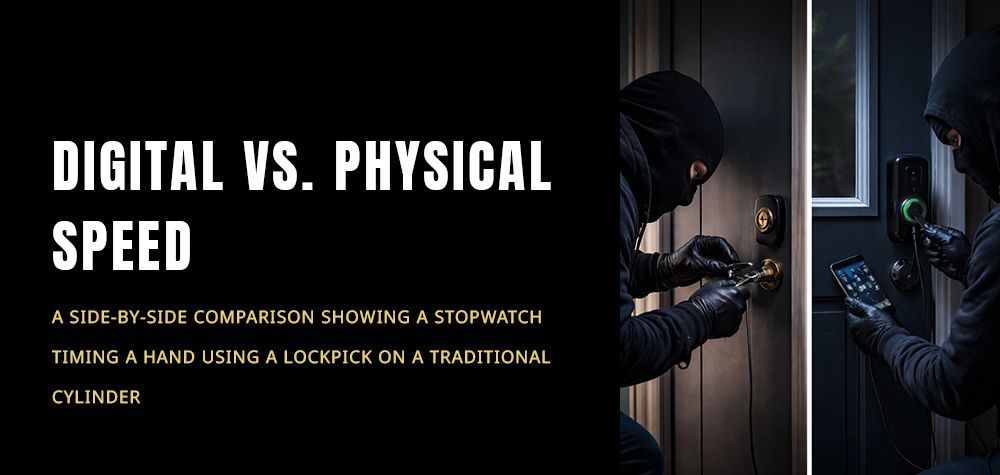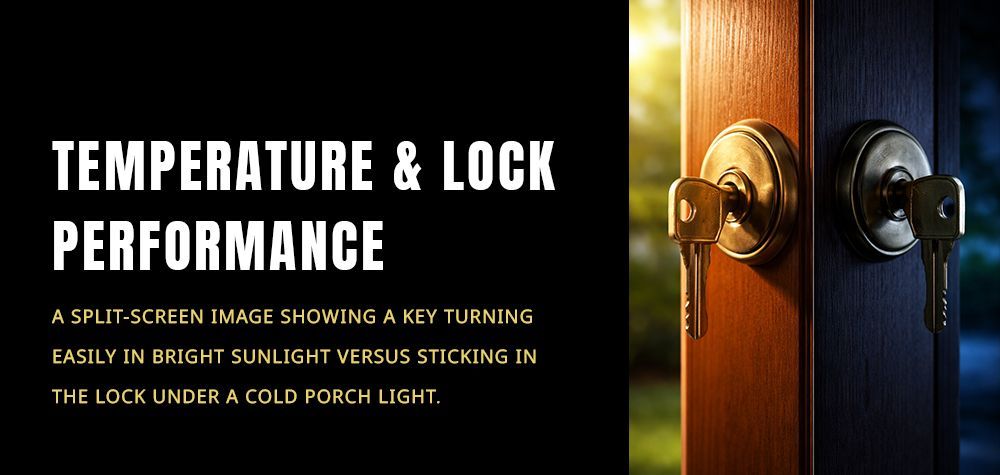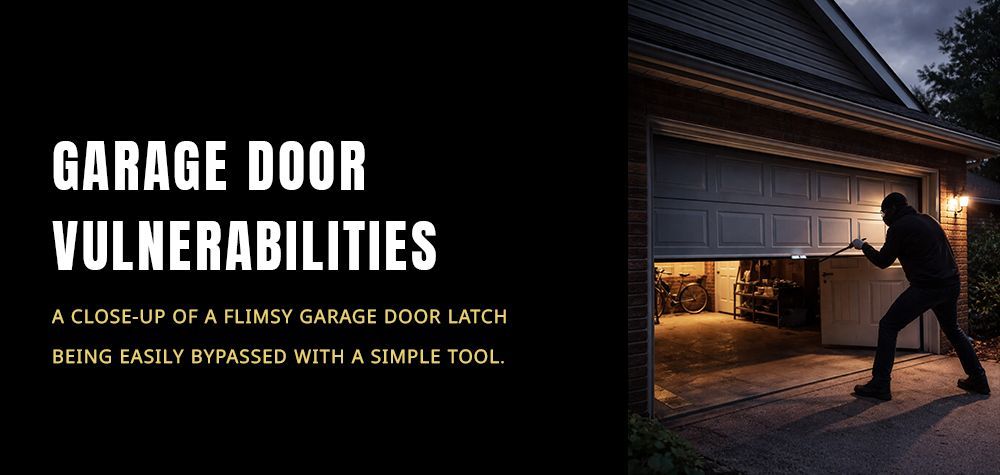Can I Change the Locks on My Apartment Without My Landlord’s Permission?
In New York, landlords are not required to perform a lock change service before a new tenant moves into their rentals, however, most landlords choose to rekey the locks. If a tenant requests that their landlord change their locks for a legitimate reason, the landlord must do it within a reasonable amount of time. But can you change your locks without permission? What happens if you do? Read below to find out!
Why Tenants Are Not Usually Allowed to Change Locks
Landlords have certain responsibilities that they must fulfill. This includes making sure that their rental property is safe for all tenants, by performing water heater maintenance and testing out smoke and carbon monoxide detectors. If a tenant is not home, a landlord can let contractors in for necessary work (as long as they provide notice). A landlord must have a key in case of an emergency. For example, if you are not home and a pipe has burst in your apartment and is leaking into the unit downstairs, your landlord or someone from the maintenance team may enter your unit since your property and surrounding properties may be damaged.
Most standard tenancy agreements say that the tenant is not authorized to make alterations to the rental property without the approval of the landlord. A lock change is considered to be a huge change! Although, you can always confirm what your lease says regarding replacing the locks.
When Can You Change the Locks Without Permission?
There are several scenarios when it is justified for you to get a lock change, as long as you give the landlord a spare key .
Your Landlord Keeps Entering Your Property Without Giving Notice
It is illegal for a landlord to enter your rental property for repairs or routine maintenance without giving notice, with the exception of an emergency. If a landlord continuously visits your property unannounced, it is completely within your rights to get a lock change. If this is the case, contact a locksmith for a lock change service.
Security Risks
Break-ins are more likely to occur when keys are stolen or misplaced . If this happens, it is your landlord’s job to call a locksmith for a lock change to secure the property. If your landlord does not resolve the problem quickly, you can hire a locksmith for a lock change service on your own.
Your Landlord Didn’t Rekey After the Previous Tenant
After a tenant moves out, it’s the landlord’s responsibility to rekey the locks. When you move into a new apartment, you don’t know who has a copy of your key and there’s always the possibility of getting unwanted visitors. If your landlord is refusing to rekey your locks, you have two options. You can call your jurisdiction’s department of tenant/landlord relations and ask what your rights are. If they agree that your landlord must change the locks, then your landlord will have to obey. Alternatively, you can tell your landlord that you’re changing your locks and provide your landlord with a key.
Hire a Locksmith to Change Your Locks
If you decide to change your locks without your landlord’s permission, hire a professional locksmith for the lock change. Professional locksmiths specialize in lock changes and won’t cause any damage to your locks and doors. You should not attempt to change the locks yourself since you will be responsible for any damage you cause. If you damage your door frame or any other part of the door, either money will be deducted from your deposit or you will have to cover the costs out of pocket.
You Must Give Your Landlord a Spare Key
If you change your locks without your landlord’s permission and do not give your landlord a spare key, you could face eviction. Without access to your property, your landlord will not be able to perform maintenance, assessments, or gain access in the case of an emergency. Make sure to give your landlord a spare key!
Call Us Any Time!


